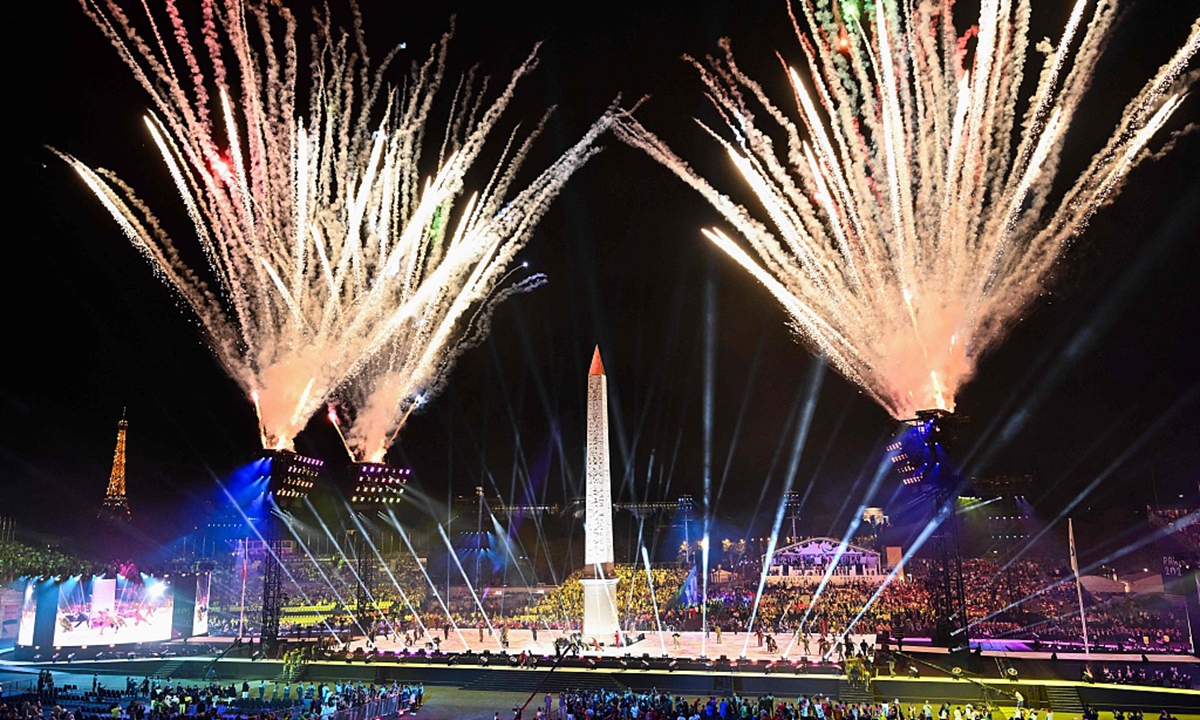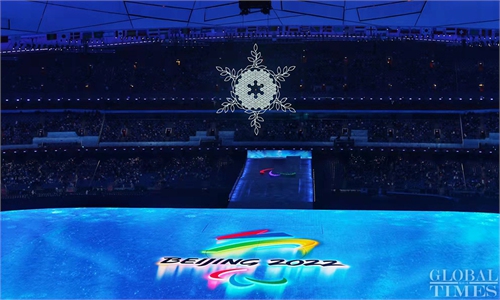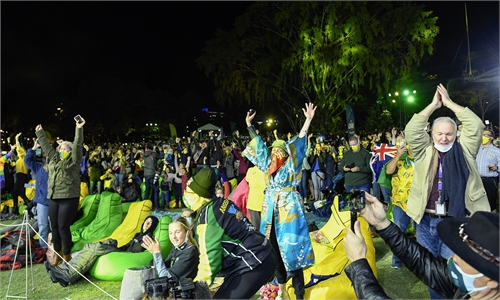SPORT / OLYMPICS
Why the Paris 2024 Paralympics still resonate with society today
There are over 1.3 billion people living with disabilities worldwide, representing about 16 percent of the global population, according to the UN. Despite their numbers, this group is often overlooked and marginalized in society. Discrimination and stigmatization persist, and in daily life, the challenges faced by people with disabilities are frequently ignored. This is where the Paralympic Games step in - to provide a critical platform for visibility and advocacy.

Yet, despite its significance, the Paralympics struggle for media attention and audience engagement. Many media organizations, focused on profitability, often choose to replay Olympic broadcasts rather than cover Paralympic events live. This oversight contributes to a lack of public awareness and understanding of the athletes' journeys and achievements.
The importance of the Paralympics extends beyond the sports field. For the over 1.3 billion people with disabilities globally, the Paralympics is a vital reminder of the need for recognition and inclusion. The Paralympics have indeed demonstrated this transformative power.
Take the 2008 Beijing Paralympics. The event led China to join the UN Convention on the Rights of Persons with Disabilities in 2008 and implement laws to protect the rights of people with disabilities. These actions reflect how the Paralympics can spark substantial social changes, particularly in host countries.
However, the impact of the Paralympics should not be confined to the event itself. A broader social shift is needed to address the challenges faced by people with disabilities daily. This means recognizing people with disabilities not as objects of pity or awe, but as individuals with the same right to participate fully in society.
The Paralympics embody the Olympic spirit of pushing boundaries and celebrating diversity. Through their influence, they challenge us to expand our understanding of beauty, ability, and inclusion. Yet, the Paralympics alone cannot achieve the social change badly needed.
It is up to us to see beyond disabilities and recognize the full humanity of people with disabilities. When the society reaches this point of understanding and inclusivity, the Paralympics will have fulfilled their greatest mission: Creating a world where everyone is valued and respected. May the flame of the Paralympics not only light up the stadiums but also ignite global awareness, empathy, and action toward making the world a more inclusive place for everyone.
The author is a reporter with the Global Times. life@globaltimes.com.cn

This photograph shows fireworks during the Paris 2024 Paralympic Games Opening Ceremony at the Place de la Concorde with the Obelisque de Louxor (Luxor Obelisk) in Paris on August 28, 2024. Photo: VCG
As the flame of the 2024 Paris Paralympics was lit on August 28, the world entered the 10-day of the "Paralympic spotlight." This Paralympics is not a secondary version of the Olympics but an equal celebration of athletic excellence and human resilience.Yet, despite its significance, the Paralympics struggle for media attention and audience engagement. Many media organizations, focused on profitability, often choose to replay Olympic broadcasts rather than cover Paralympic events live. This oversight contributes to a lack of public awareness and understanding of the athletes' journeys and achievements.
The importance of the Paralympics extends beyond the sports field. For the over 1.3 billion people with disabilities globally, the Paralympics is a vital reminder of the need for recognition and inclusion. The Paralympics have indeed demonstrated this transformative power.
Take the 2008 Beijing Paralympics. The event led China to join the UN Convention on the Rights of Persons with Disabilities in 2008 and implement laws to protect the rights of people with disabilities. These actions reflect how the Paralympics can spark substantial social changes, particularly in host countries.
However, the impact of the Paralympics should not be confined to the event itself. A broader social shift is needed to address the challenges faced by people with disabilities daily. This means recognizing people with disabilities not as objects of pity or awe, but as individuals with the same right to participate fully in society.
The Paralympics embody the Olympic spirit of pushing boundaries and celebrating diversity. Through their influence, they challenge us to expand our understanding of beauty, ability, and inclusion. Yet, the Paralympics alone cannot achieve the social change badly needed.
It is up to us to see beyond disabilities and recognize the full humanity of people with disabilities. When the society reaches this point of understanding and inclusivity, the Paralympics will have fulfilled their greatest mission: Creating a world where everyone is valued and respected. May the flame of the Paralympics not only light up the stadiums but also ignite global awareness, empathy, and action toward making the world a more inclusive place for everyone.
The author is a reporter with the Global Times. life@globaltimes.com.cn


